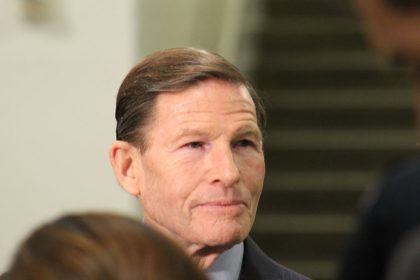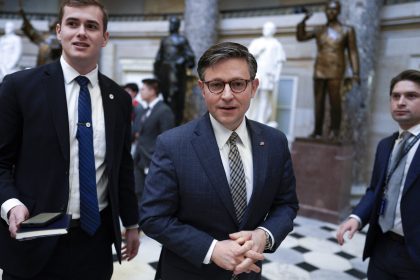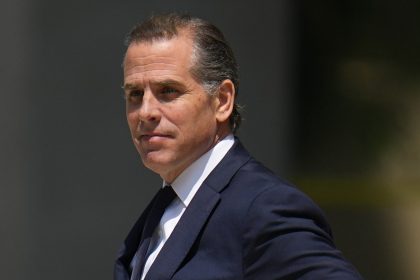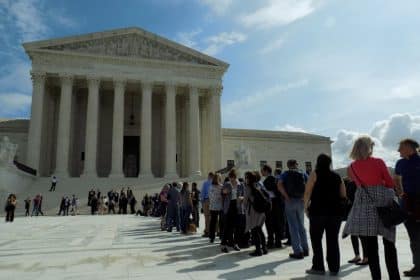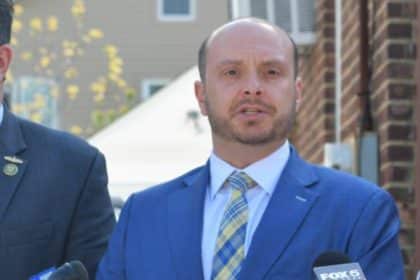Bipartisan Taxpayer First Act Eliminates Opportunity for IRS to Create Automatic Tax Filing System
COMMENTARY
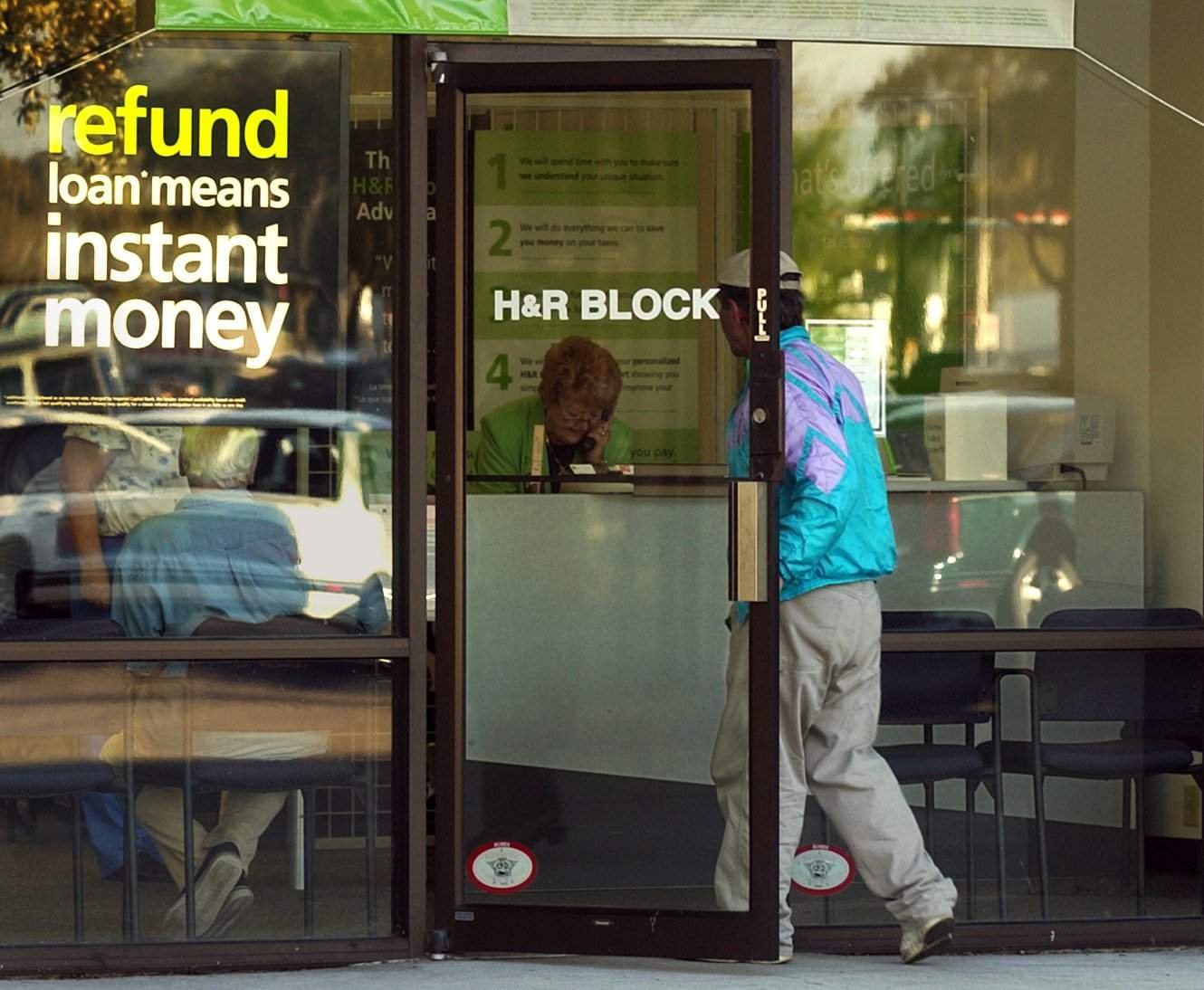
Tax season is upon us, and this year it seems many Americans are frustrated with smaller refund checks after the 2017 Tax Cuts and Jobs Act has failed to live up to the hype for most working families.
But in a major boon to tax preparation companies like Intuit, makers of TurboTax, and H&R Block, Congress seems intent to lock the current convoluted tax system in place at the expense of taxpayers.
On Tuesday, the House passed H.R. 1957, the Taxpayer First Act of 2019 with bipartisan support. This bill, while including important provisions to improve service, increase enforcement on tax avoidance, and modernize the IRS, includes a provision eliminating the popular Free File program.
Free File, created in the early 2000s, mandated that tax preparation companies provide free software to low income taxpayers. The Taxpayer First Act would enshrine this program into law, rather than allowing the IRS to create its own automatic tax-filing system that would eliminate the headaches induced every April by the complicated tax filing system currently in place.
This is essentially an off-ramp from a long-promised, simpler tax system that would make it easier to file for the vast majority of taxpayers.
The IRS has a trove of information on each and every taxpayer in the country and collects enough information to simply send a tax form that would need to be simply verified, signed, and returned.
President Ronald Reagan proposed just such a system in the 1980s. President Barack Obama endorsed the concept in 2008 while running for office. And, former House Speaker Paul Ryan and other Republicans have campaigned on ideas to simplify paying taxes to a form the size of an index card.
The Taxpayer First Act would essentially put these proposals in the dustbin and provide customers for life to large tax preparation companies in an act Vox describes as “one of the most blatant pieces of corporate welfare in years.”
Intuit, the maker of TurboTax, has spent years lobbying against the federal government creating a system that would essentially put them out of business. Opponents say that creating an automatic tax filing system on behalf of taxpayers would cost too much taxpayer money.
This week, the House of Representatives agreed with these sentiments on a bipartisan basis, likely cementing the arduous process of filing taxes as an American tradition.
Text of the Taxpayer First Act can be found here, along with a section summary here. The bill now heads to the Senate for consideration. Information of where to get one’s taxes done for free can be found here.


















